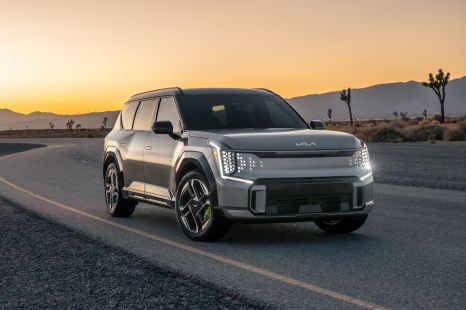

William Stopford
2026 Kia EV9: Hot GT arrives as Korean brand's priciest model ever
6 Hours Ago
“We can’t be a group of staid old men sitting around saying ‘this is how we used to do it in the ’70s’", says Federal Chamber of Automotive Industries chief executive Tony Weber

Senior Contributor
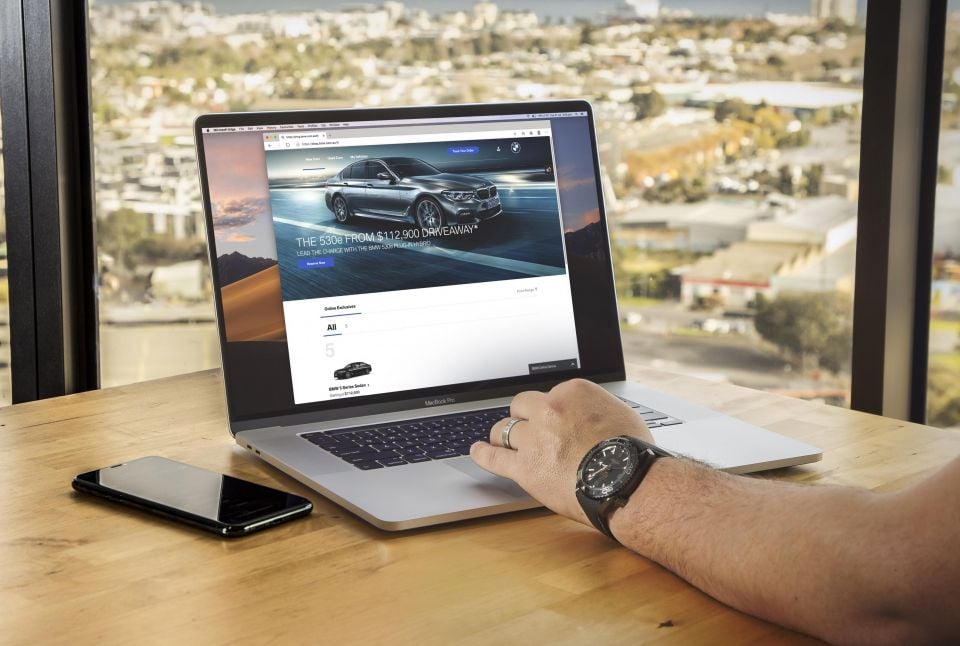

Senior Contributor
The COVID-19 pandemic has arguably sped-up a consumer shift towards non-traditional car buying experiences.
Tactics such as digital and online retail, extended test drives, and car brands pursuing a fixed-price ‘agency model’ in place of traditional dealer franchises are all examples of a wider strategic rethink.
This is coming from car brands, but in certain cases also their dealer franchisees.
We recently had a conversation with chief executive of the Federal Chamber of Automotive Industries (FCAI), Tony Weber about just this topic. The FCAI is the peak industry body for companies that sell and service their cars in Australia.
“I think right across the economy we’ve all learned how to do things differently, by necessity. And I think that is… going to accelerate change. I’ve seen that right across the economy,” Weber said when we asked about how events of 2020 are accelerating change.
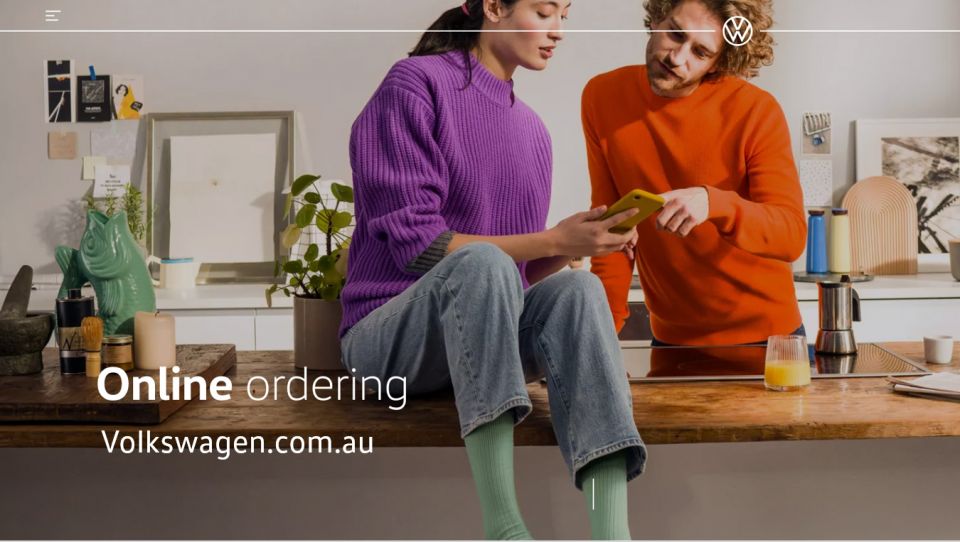
“How people actually consume has changed dramatically in the last five years. Buying online has become very popular… it’s changing quite rapidly, and I think this will just accentuate that change,” he added.
But, we wonder, what does it mean for conventional car dealerships? It’s a business model that has existed for quite some time. Is it future-ready?
“The traditional franchising model that has been in place since the end of the Second World War, it was going to evolve anyway. I think the evolution of that will be pushed forward by these experiences because consumers are demanding it,” Weber contended.
“We have the technology and we’ve proven that technology is really capable and trustworthy. We will move on, and as a sector we need to move along with the rest of the economy and do things differently. That’s natural because that’s what consumers want, not just for cars but buying shoes or jeans, or even their groceries.
“The world’s changing and the automotive sector has to move on. We can’t be a group of staid old men sitting around [saying] ‘well this is how we used to do it in the ’70s’. The ’70s are well gone.”
Strong words.
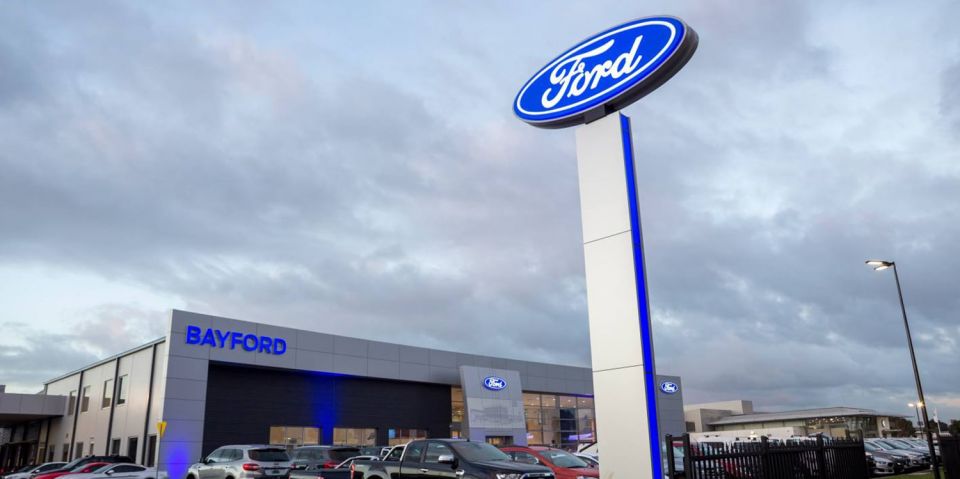
Make no mistake, the majority of new car purchases take place within a familiar framework, but there are absolutely signs of change.
Volkswagen Australia announced last month that it had sold more than 400 cars online over a few months. The likes of Toyota, Audi, Subaru, BMW, Kia, and obviously Tesla (which has never played by conventions) are further examples.
“I’m a great believer in that wonderful setup between motor vehicle manufacturers and their franchise dealers, but necessity is the mother of invention, and what’s happened in the world over the last six months…” Kia Australia chief operating officer, Damien Meredith, told us recently, echoing Weber’s sentiment.
Another concept doing the rounds is an ‘agency model’, where car brands keep their stock in house and use dealers as agents and service centres. Honda and Mercedes-Benz are planning on taking this path, which lets them theoretically set the prices and standardise any ‘on sale’ periods.
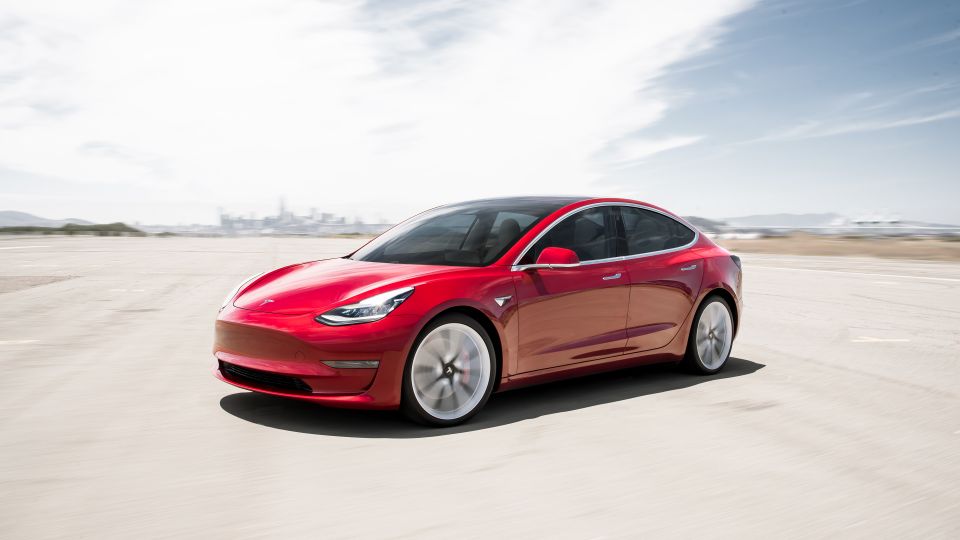
“Customer preferences are changing and other industries have evolved while the automotive industry still uses a model that is decades old,” said Stephen Collins, Honda Australia managing director, at the time.
Added the FCAI’s Weber: “We can talk about the agency model, but we should talk about a whole raft of things…There’s a whole raft of options out there, and people talk about the agency model like it’s one fixed model. There are a million-and-one variations.
“For anyone that’s got an Apple product, whether that be a phone or an iPad – my household has about 28 of them – they’ve been bought through a version of the agency model. Harvey Norman is an agency model, to go and buy yourself an oven is [done via] an agency model.
“… And there’s a whole raft of ways in which we get products to markets, and people expect that because they expect innovation. Some of our members are delivering it in a different way, they don’t have a dealership network.
“So, I don’t think we should restrict innovation. We shouldn’t restrict change. What we need to do is focus on how we deliver the two things that we deliver in motor vehicle land well. We deliver a product, and we deliver a service. Because that’s the difference between buying a book and buying a car.”
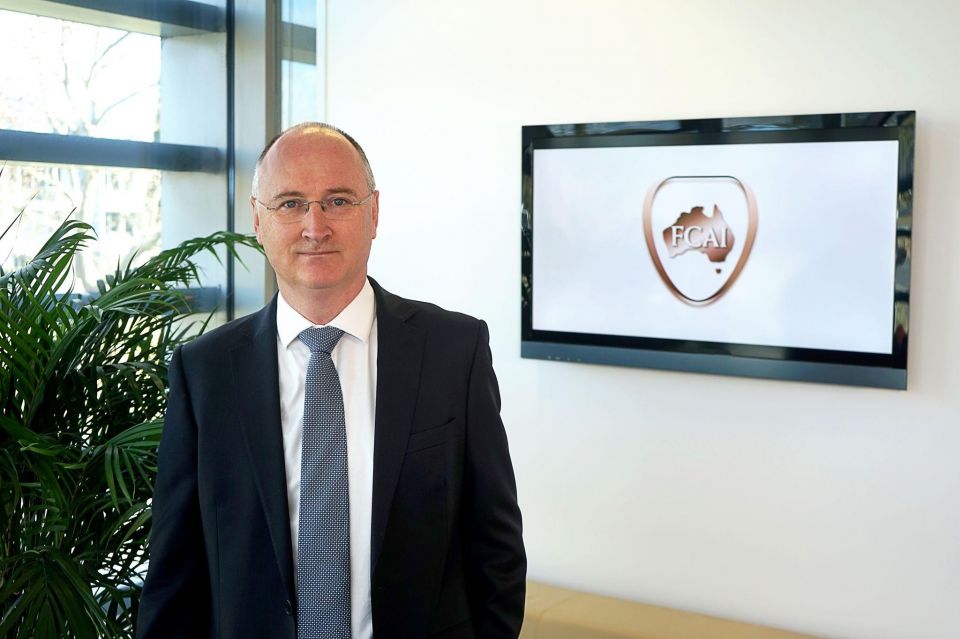
It’s important to state here that these tactics are not taking place without the participation or support of traditional car dealer franchises.
We had a conversation a few months ago with James Voortman, who’s chief executive of the Australian Automotive Dealer Association (AADA), peak body for Australia’s circa 3000 franchised dealer outlets.
“I wouldn’t say dealers are totally dismissive of moves to an agency model. We’ve always said, manufacturers have the right to change the way in which they distribute their products,” he said.
“[But] I’d say significant changes to the business should be accompanied by adequate compensation, which reflects investment in capital and time that dealers have put into the brand.
“I actually don’t think many people appreciate the scale of the investments that manufacturers require dealers to make in things like showrooms, equipment, training, and so forth.
“So I think that issue of fairness is central, but also transparency.
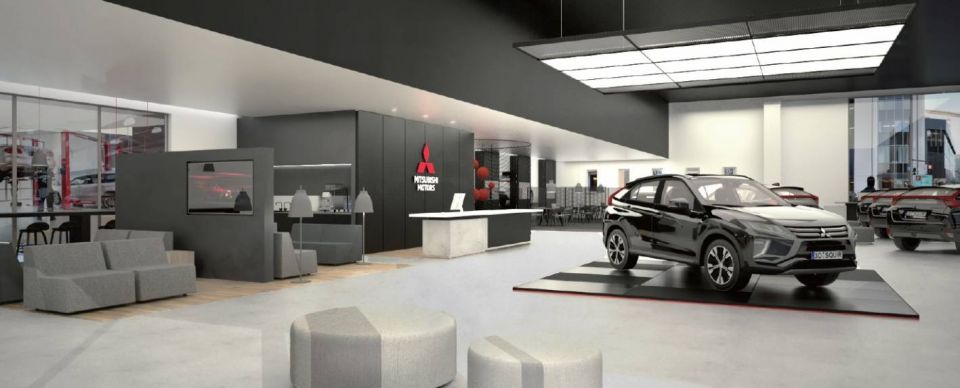
“And on that front, I think OEMs need to provide their dealer partners with the maximum amount of notice when they are considering a move to a new retail model, and I also think they need to give all the facts to their dealers and work with them and address some of the key questions which remain, like how does the trade-in work, will there still be sales targets, and many others.
“I can’t predict the chances of the agency model succeeding, but I think the best chance of success would be if the OEMs bring their dealers along on the journey with them.”
When asked about the potential impact of online retail changing the way dealer franchises do business, Voortman said:
“The challenge for our industry is going to be to develop approaches, which cater both for consumers to interact physically at the dealership and online, and also to create an environment in which you can seamlessly shift between those platforms to create a better customer experience,” Voortman said.
What do you think about the evolving dynamic between car brands and their dealers? How do you ideally navigate the car purchasing process? Share your thoughts below.


William Stopford
6 Hours Ago
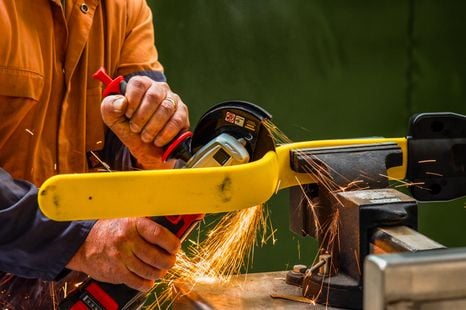

Paul Maric
7 Hours Ago
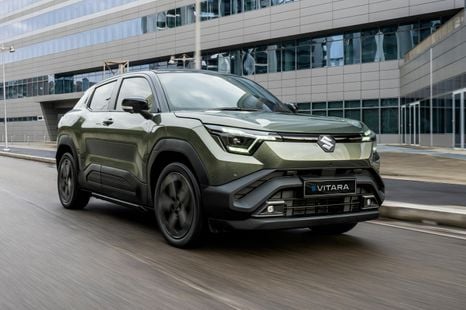

Damion Smy
7 Hours Ago
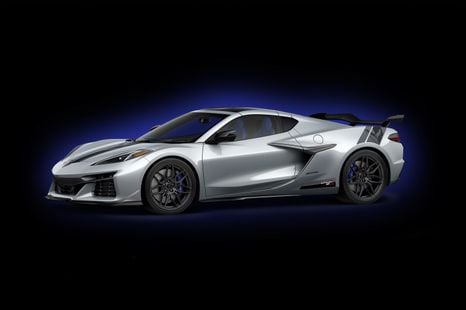

Damion Smy
10 Hours Ago
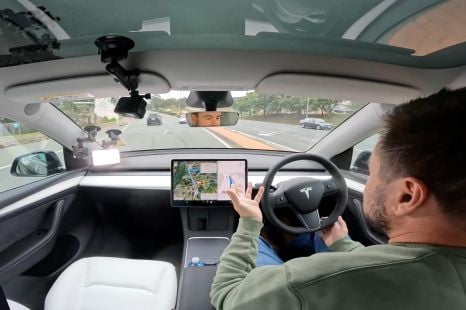

William Stopford
10 Hours Ago
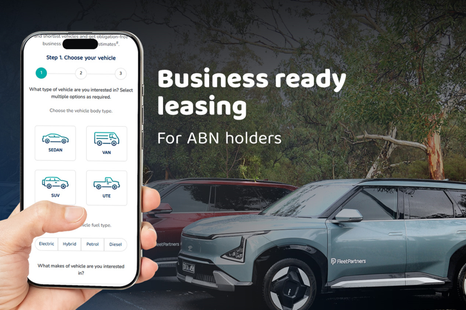

CarExpert
11 Hours Ago
Add CarExpert as a Preferred Source on Google so your search results prioritise writing by actual experts, not AI.